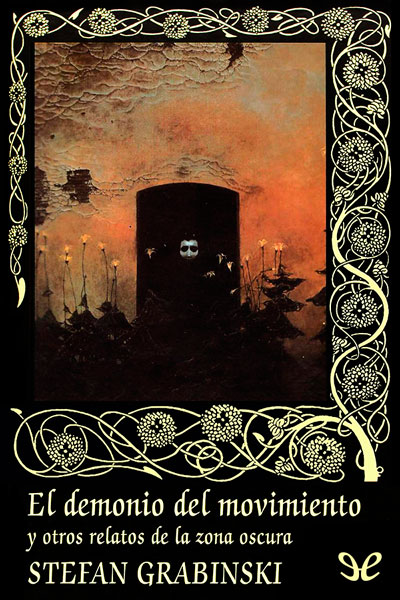oleebook.com
Orchard of the Dead de Stefan Grabinski
de Stefan Grabinski - Género: English
Sinopsis
Stefan Grabinski has a legendary status in the field of weird fiction and has been referred to as "the Polish Poe" or "the Polish Lovecraft". Yet aside from a very expensive and now out-of-print limited edition from Centipede Press, very little of his work has been available to English readers. This new collection of all-new translations by Anthony Sciscione includes several stories that have never appeared in any English version before as well as classic tales that have previously been inaccessible to most readers.
In "At Sarah's House," a man watches his friend wasting away before his eyes under the spell of a beautiful but deadly woman. In "Burning Ground," a man decides to build a home on a site where every previous dwelling has burned to the ground, defying local superstition with strange and disastrous consequences. The title story, "Orchard of the Dead," tells of the otherworldly happenings at a children's graveyard full of trees laden with luscious fruit. And in the...
Reseñas Varias sobre este libro
Gorgeous writing (and its translated to English!). Clever little stories sprinkled with cultural references that I enjoyed. Some of the tales are wrapped up too quickly- the twist or ending begins and ends in one or two sentences. Still, fantastic prose from a virtually unknown to the Western world writer. 3 s Jesse446 7
I thought when I bought this collection that it was contemporary, mostly because I didn't read Valancourt's description very carefully, but in fact these stories were written in the 1910s and 20s, and they feel very much of that period, but more in the line of, say, Kafka and Bruno Schulz than Lovecraft and his cohorts, even though Grabinski and HPL are almost exact contemporaries--there's a lot of metaphysical wrestling with modernity, with trains and cities, as well as what feel feudal leftovers, with a good number of nobles of various stripes, a few manor houses, and some huts in fields, and at least one gypsy's curse. So, a mirror, given what I imagine of Poland at the time, poised on the brink of cosmopolitanism in the cities but still rife with rural backwaters and peasant intellectual worlds unchanged for several hundred years. A lot of the stories feel incipiently Freudian, concerned in some way with the ranges and impacts of desire and often featuring a budding teenage girl in whose wake destruction follows. (And also, to be fair, several middle-aged bourgeois coping not very well with the same afflictions.) The Marshall Berman "all that is solid melts into air" point about the subjective experience of modernity holds as well, with multiple characters on the edge of dissolution, sometimes psychologically and sometimes literally and sometimes both. These read less "horror" as a genre and more the classic Blackwood/Dunsany weird tale--but with a modern psychological edge that dances on the line between natural and un-. Rafal Gluchowski2
Autor del comentario:
=================================
